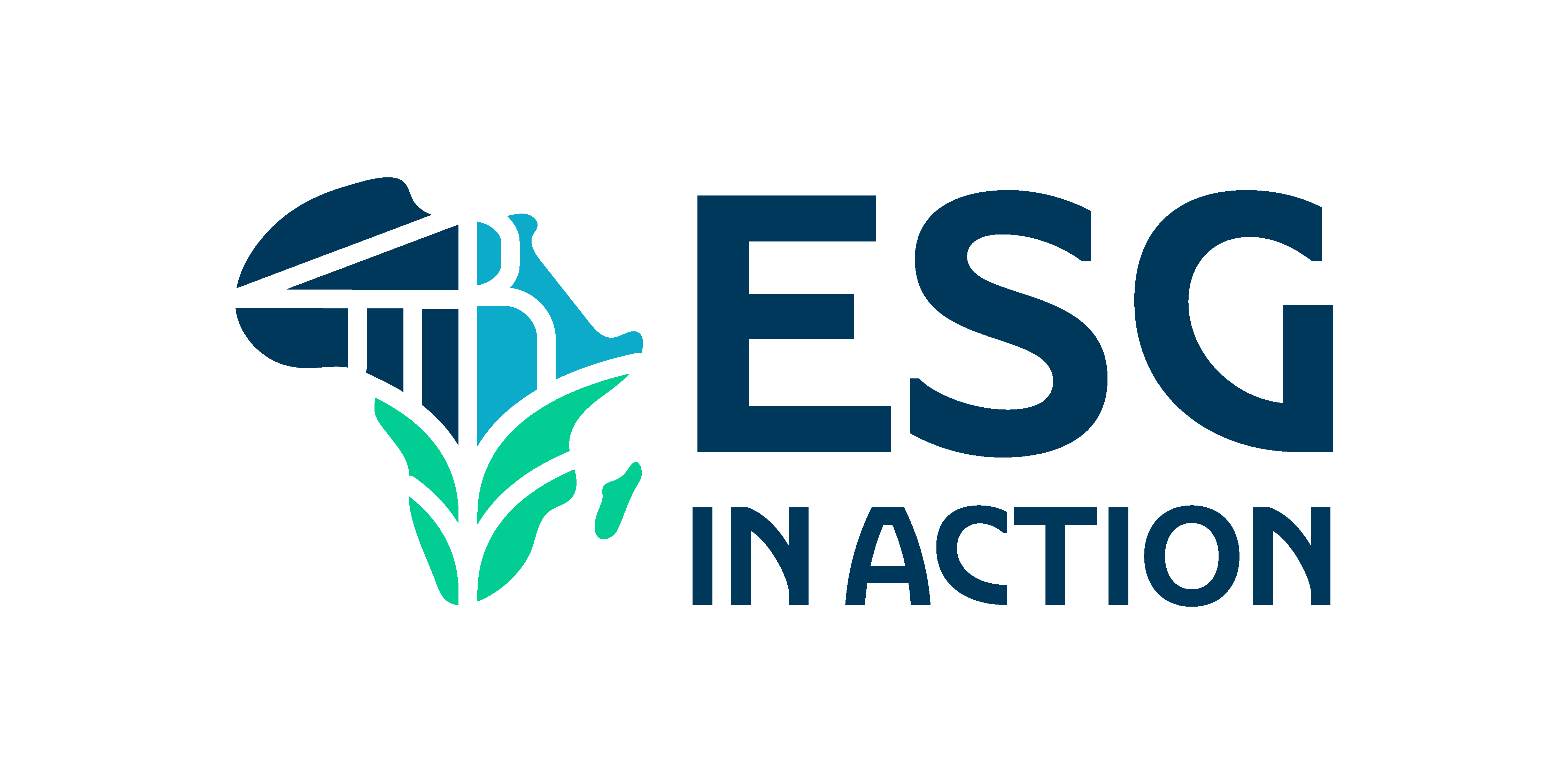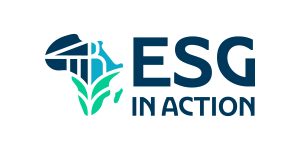
6 Ways Organisations Can Effectively Plan Their ESG Projects for 2025
In recent years, ESG (Environmental, Social, and Governance) has shifted from a niche concern to a central business imperative, shaping corporate strategies across the globe. In Africa, this shift has gained momentum. The value of ESG bonds issued by African businesses surged to $4.4 billion in 2024, a dramatic increase from $1.4 billion in 2023. This rise reflects a growing commitment by African corporations and financial institutions to embed sustainability into their core operations.
As we enter 2025, this commitment is more critical than ever. The growing global focus on sustainability, combined with Africa’s unique challenges and opportunities, demands a strategic approach to ESG planning.
The Growing Importance of ESG Planning


ESG is no longer a peripheral issue, but one that is at the heart of consumer expectations, investor decisions, and regulatory frameworks.
- Consumer Demand: Research by Forbes reveals that 88% of consumers expect brands to help them live sustainably. This indicates that aligning with ESG practices is no longer optional—it’s essential for maintaining trust and relevance.
- Profitability: Companies with robust ESG strategies consistently outperform their competitors. Our experience working with diverse organisations has shown that ESG-aligned businesses not only drive financial growth but also enjoy enhanced reputations.
What Organisations Must Know Before Planning
In 2025, to plan effectively, every organisation must address 3 key areas to improve the success rates of their ESG strategies.
Understand Evolving Global and Local Regulations


Globally, regulations such as the European Union’s Corporate Sustainability Reporting Directive (CSRD) are transforming disclosure requirements. In Africa, several countries, including Nigeria, are taking steps to enhance transparency and accountability in ESG reporting.
Nigeria’s Adoption of IFRS S1 and S2 Standards:

In 2023, Nigeria adopted the IFRS S1 (General Requirements for Sustainability-Related Disclosures) and IFRS S2 (Climate-Related Disclosures), aligning with global best practices. These standards, introduced by the International Sustainability Standards Board (ISSB), provide a comprehensive framework for organisations to disclose sustainability and climate-related risks and opportunities.
For Nigerian organisations, this shift means:
-
Enhanced Transparency: Companies must provide detailed, decision-useful ESG information for investors and stakeholders.
-
Strategic Alignment: ESG goals must align with financial disclosures, ensuring a more integrated reporting approach.
-
Climate Risk Focus: Organisations are required to disclose material climate risks, such as how physical and transition risks impact their financial position and performance.
Key Action for 2025:

Organisations should ensure their ESG planning incorporates these new reporting standards by:
-
Conducting a gap analysis to assess their readiness for IFRS S1 and S2 reporting.
-
Aligning internal processes with the standards’ requirements to achieve compliance.
-
Providing training for teams responsible for data collection, analysis, and reporting.
2. Align ESG Goals with Business Objectives
ESG cannot be treated as a standalone initiative. Organisations that embed ESG into their core strategy are more resilient and financially successful. For instance:
- A manufacturing company could adopt renewable energy solutions, reducing carbon emissions while lowering costs.
- A financial institution might fund projects that advance gender equity, aligning with both social goals and market opportunities.
3. Engage Stakeholders Early
ESG planning is a collaborative effort. Internally, secure buy-in from leadership and employees to ensure alignment. Externally, involve key stakeholders—community members, investors, and suppliers—to foster trust and transparency. A 2024 survey by SEC Newgate found that 73% of people expect companies to play an active role in addressing societal issues, underscoring the importance of open communication.
While the path may seem daunting, the right steps can simplify and enhance your journey.
Let’s explore 6 key strategies to help African organisations create and implement effective ESG plans for 2025—unlocking business growth and lasting impact.


1. Conduct an ESG Materiality Assessment
Identify the ESG issues that matter most to your organisation and stakeholders. This includes climate resilience, energy access, and socio-economic inclusion for African organisations. A well-executed materiality assessment lays the foundation for targeted and impactful initiatives.
2. Align ESG Objectives with Global Standards
Use frameworks like the United Nations Sustainable Development Goals (SDGs) and the Global Reporting Initiative (GRI) to ensure your projects address global benchmarks while tackling local challenges. For instance:
- Aligning with SDG 7 (Affordable and Clean Energy) can help address Africa’s energy access gap.
- Embedding SDG 13 (Climate Action) ensures climate adaptation is a priority.
3. Define Specific and Measurable Goals
Setting clear goals is essential to tracking progress and maintaining accountability. Vague intentions, such as “improving sustainability,” are not enough. Examples:
- Environmental: Achieve a 20% reduction in carbon emissions by the end of 2025.
- Social: Provide vocational training to 1,000 women in underserved communities by mid-2025.
- Governance: Publish an annual ESG report, starting in 2025.
In addition, having clear metrics makes it easier to measure success and communicate achievements to stakeholders.


4. Embrace Collaboration Across Sectors
Collaboration isn’t just a strategy—it’s a necessity in addressing and solving interconnected ESG issues, especially in Africa. Partner with governments, NGOs, and private-sector organisations to amplify impact. For example, renewable energy projects often succeed through partnerships where governments enable policies, companies provide funding, and communities offer local insights.
5. Leverage Technology to Drive Innovation
Harness technology to streamline ESG execution:
- Use IoT sensors for real-time monitoring of energy use and emissions.
- Adopt blockchain for transparent reporting.
- Implement digital training platforms to upskill employees on ESG practices.
Integrating technology not only improves efficiency but also builds trust through accurate and transparent reporting.
6. Monitor, Report, and Share Progress
Continuous monitoring and transparent reporting build trust and accountability. Go beyond data—use storytelling to humanise your ESG efforts. For example, highlight how a clean water initiative improved a community’s quality of life. Regular updates reinforce your commitment to stakeholders.
The Path Forward


At ESG in Action Africa, we believe effective ESG planning is the cornerstone of sustainable success. By embracing materiality assessments, aligning with global standards, fostering collaborations, and leveraging technology, African organisations can transform challenges into opportunities.
As you plan your ESG projects for 2025, remember: every step you take contributes to a more sustainable and equitable future for Africa and the world. Together, we can drive meaningful change and inspire a legacy of impact.
Happy New Year!



